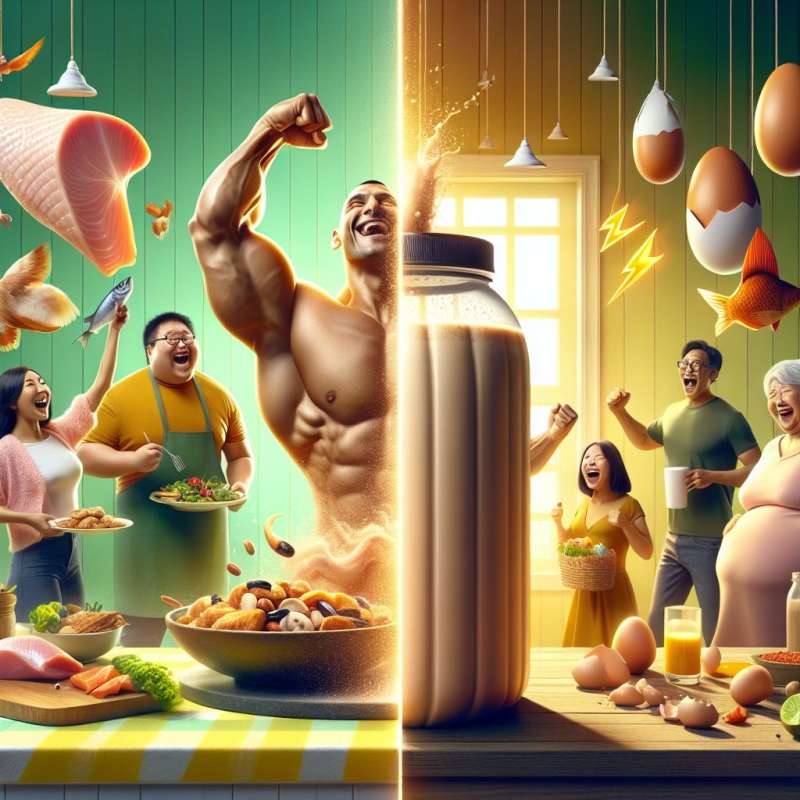
Protein Intake Basics
Protein is vital for bodily functions, including tissue repair, muscle growth, and immune defense. The recommended daily amount varies by age, sex, and physical activity level.
Complete vs. Incomplete Proteins
Proteins are made of amino acids. Complete proteins contain all essential amino acids. Animal products typically offer complete proteins, whereas plant-based sources may be incomplete.
Amino Acids Surprise
Not all essential amino acids are constant across all life stages. Histidine, for instance, is essential for infants but not always for adults, showcasing the body's changing needs.
Protein and Weight Management
Protein-rich foods increase satiety and reduce appetite, making them key for weight management. They boost metabolism slightly during digestion due to their high thermic effect.
Excess Protein Myths
Contrary to popular belief, excess protein doesn't always translate to more muscle. It can be stored as fat or used for energy, emphasizing balanced intake.
Vegetarian Protein Sources
Quinoa and buckwheat are complete proteins, which is rare for plant sources. Combining different plant proteins can also meet all essential amino acid requirements.
Protein Timing Insights
The 'anabolic window' theory is outdated. While post-workout protein is important, total daily intake is more crucial for muscle repair and growth over time.Fish Protein Surprise
Fish skin, often discarded, is a potent source of high-quality protein and used in medical treatments for burn victims due to its healing properties.
What determines protein requirement levels?
Only age and sex
Age, sex, and activity level
Just physical activity level
Company